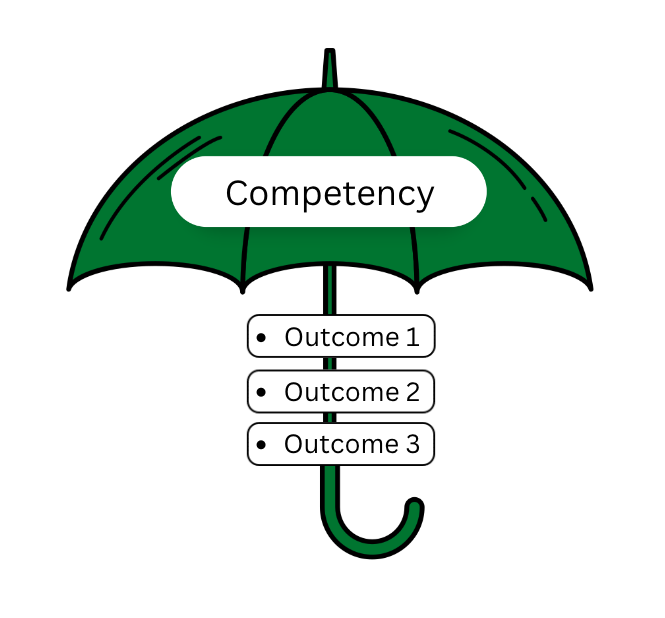A Topic We Avoid: Teaching for the Success of Students with Psychiatric Disabilities
By Tereigh Ewert
I was teaching a class of graduate student teachers this fall, and we were discussing a perennial concern: classroom management and student misbehavior. I wanted them to consider what motivated classroom disruption and misbehavior. We covered unintentional disruption, attention seeking, power challenges, and maliciousness. Then I suggested a cause that had not occurred to many of them—what if the disruptive student had a mental illness?
Commonly discussed around mid-term and final exam time on campus is the amount of pressure experienced by students, and the need to be vigilant for signs of students in distress. But student mental health, beyond temporary periods of extreme stress, is an issue that needs to be understood throughout the academic year.
The University of Saskatchewan has long operated its office, Disability Services for Students (DSS), where it links to the Office of the University Secretary’s policy on Academic Accommodation and Access for Students with Disabilities. It is important that all instructional staff be familiar with these student services and the policies regarding students with disabilities. If you have not yet read this policy, go read it now. No, really. I’ll wait.
But familiarity with resources and policies does not bring about an understanding of the challenges experienced by students with psychiatric disabilities, and the numbers of these students registering with centres such as DSS are on the rise.
Why is it crucial for you to learn about students’ psychiatric health? Not only is it nearly guaranteed that you have a student in your classroom with a psychiatric condition, there is also a probability that this student has not yet been diagnosed. Often, “the onset of major mental illness often occurs between ages 18-25—a time when many young adults are seeking postsecondary education…” (The Emergence of Psychiatric Disabilities in Postsecondary Education). Your student may be trying to succeed in an environment without the medical, counseling, or academic support for these “invisible” disabilities, and further, are exposed to stereotypes, and experience stigma.
Becoming knowledgeable about psychiatric disabilities has implications for our teaching. We will; become sensitive to the language we use, be vigilant for signs of students exhibiting symptoms of psychiatric illness*, understand how mental illness may affect students’ learning, and be prepared to make necessary accommodations as outlined by DSS.
* If you suspect that a student is experiencing mental health problems, contact the DSS office for guidance on how to deal with the matter, at 966.7273


